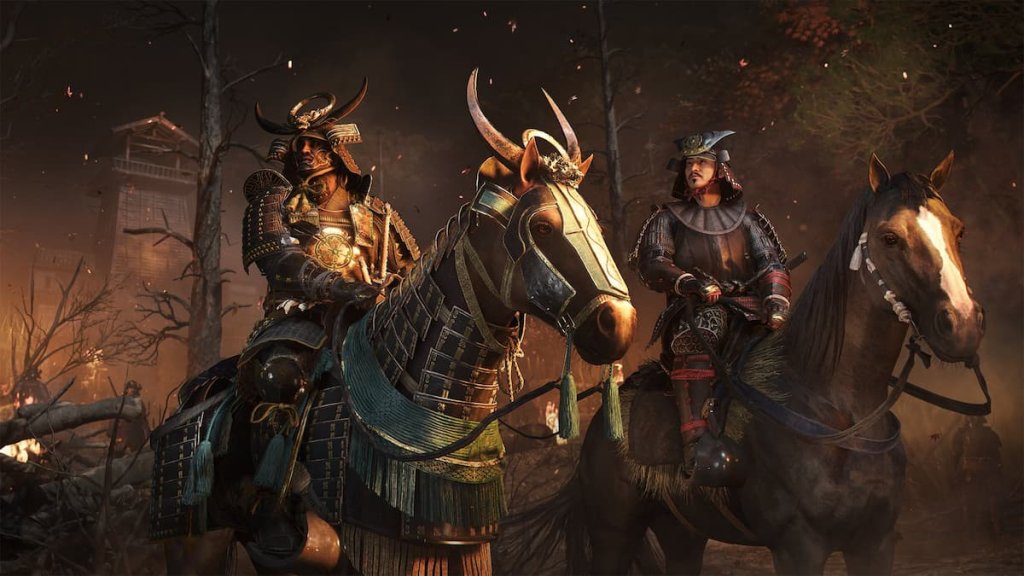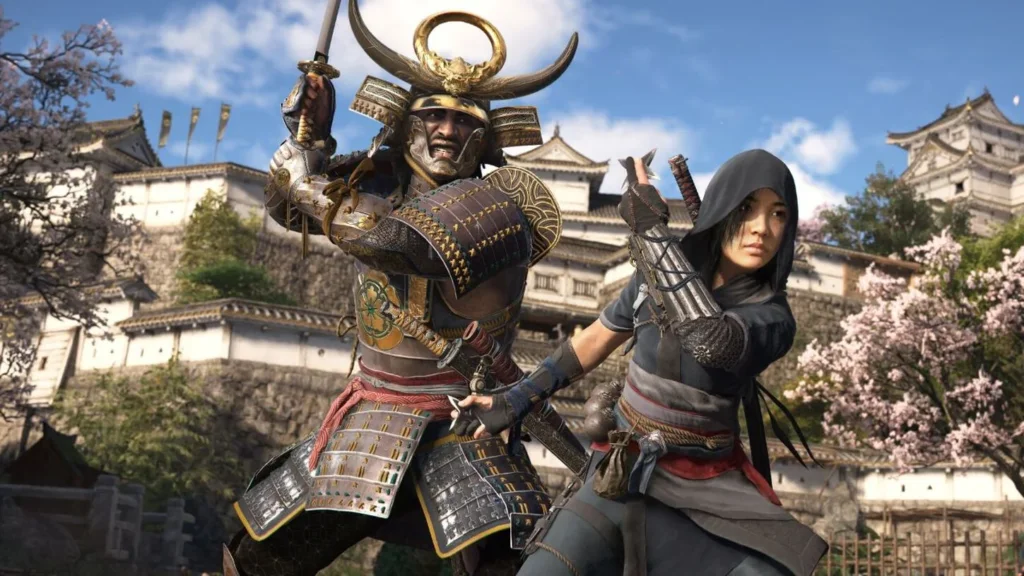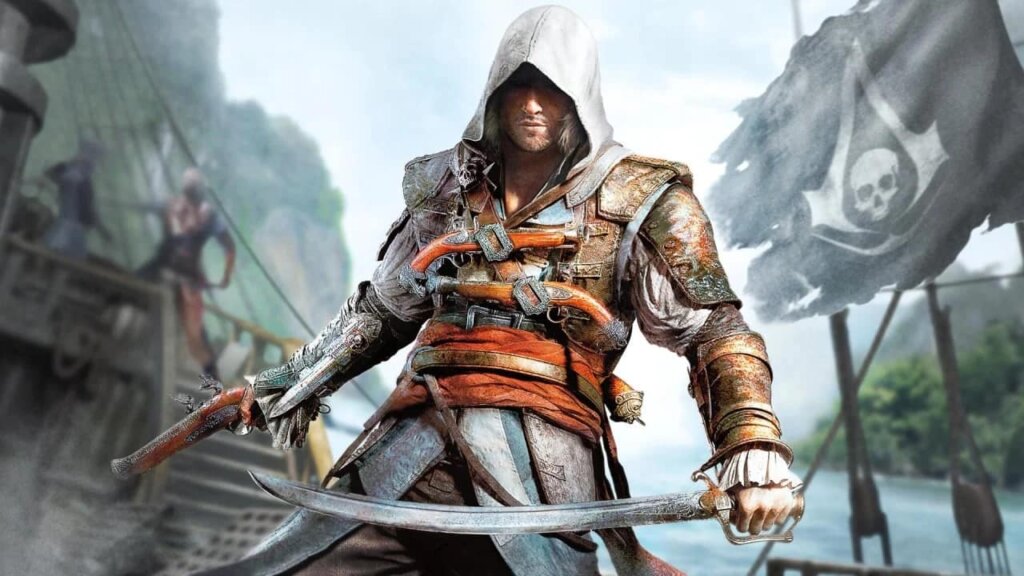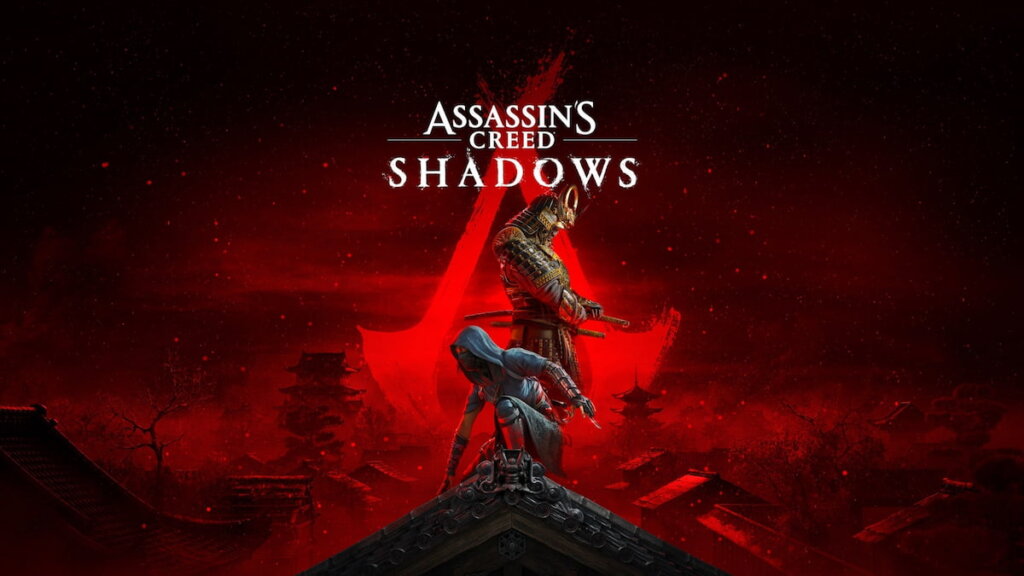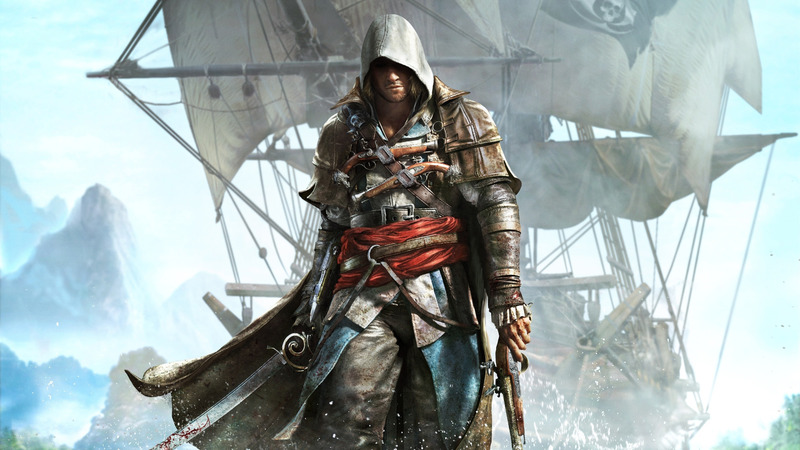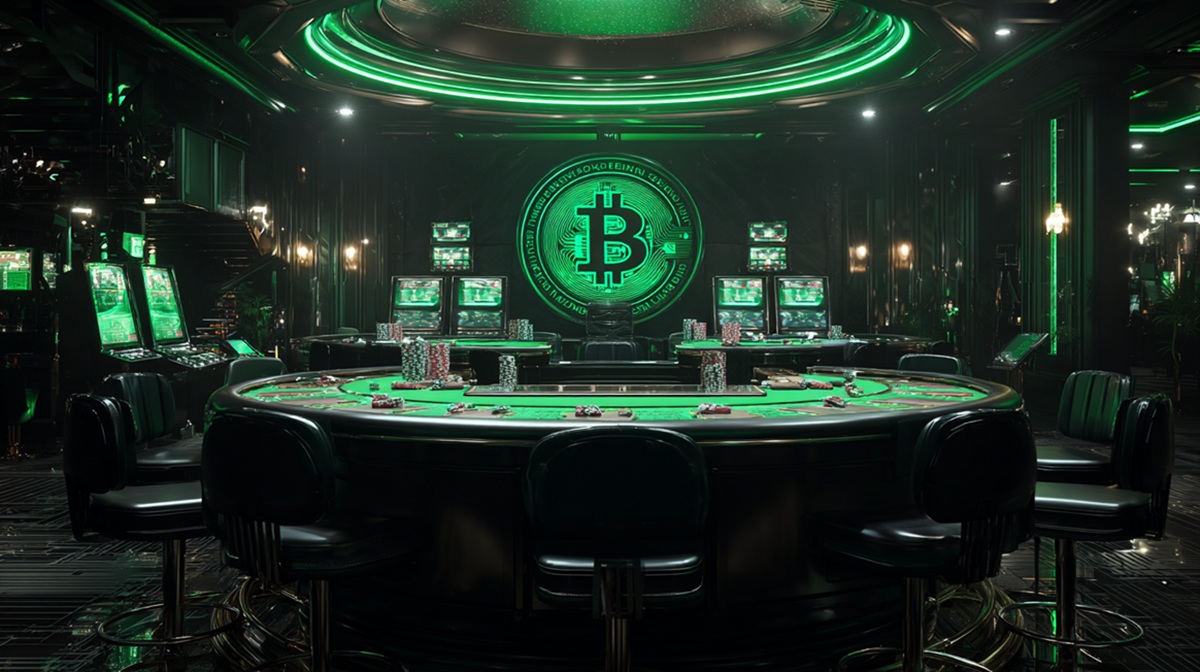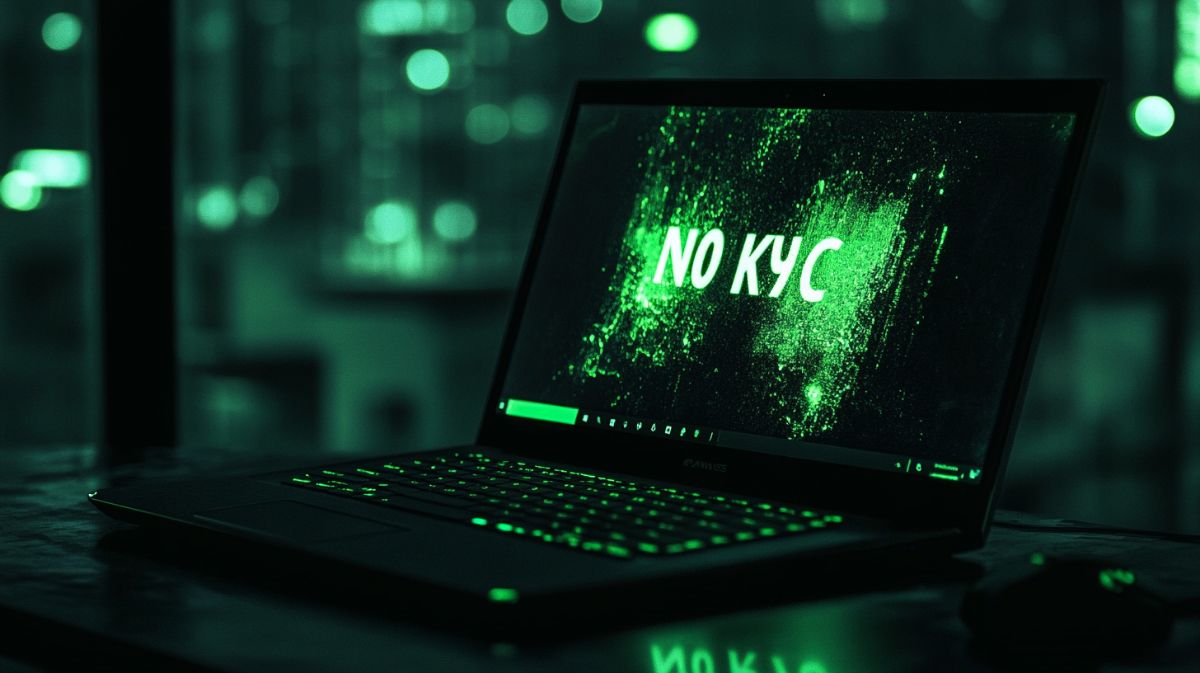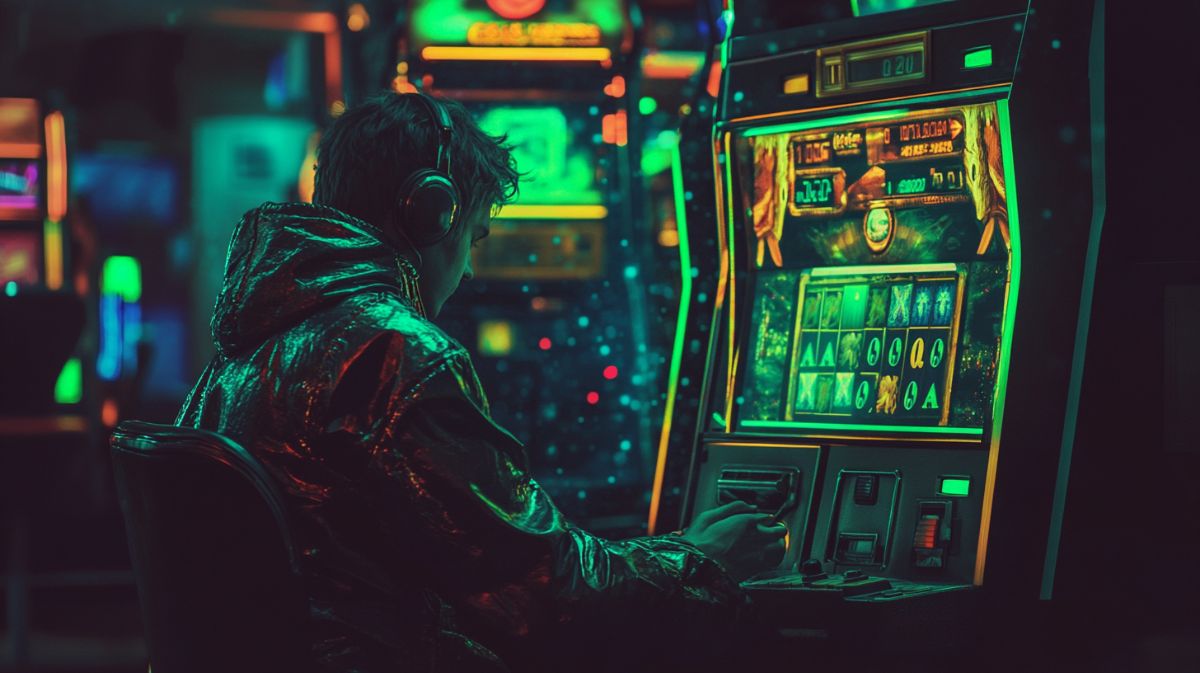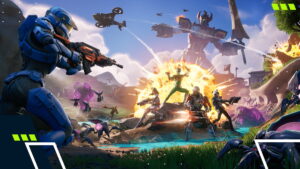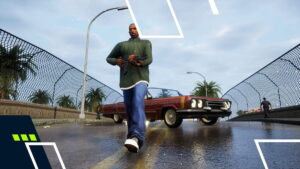Assassin’s Creed Shadows Controversy and Ubisoft’s Downfall: What Went Wrong?
The Assassin’s Creed Shadows controversy is just the latest chapter in Ubisoft’s downward spiral. Once a titan of the gaming industry, Ubisoft built its empire on legendary franchises. But over the years, that magic faded—replaced by bloated open worlds, lazy game design, and relentless focus on monetization. Now, with the failure of Skull and Bones and Star Wars Outlaws Ubisoft is on thin ice. Their last hope? Assassin’s Creed Shadows. But with controversy already swirling around it, even that safety net is looking shaky.
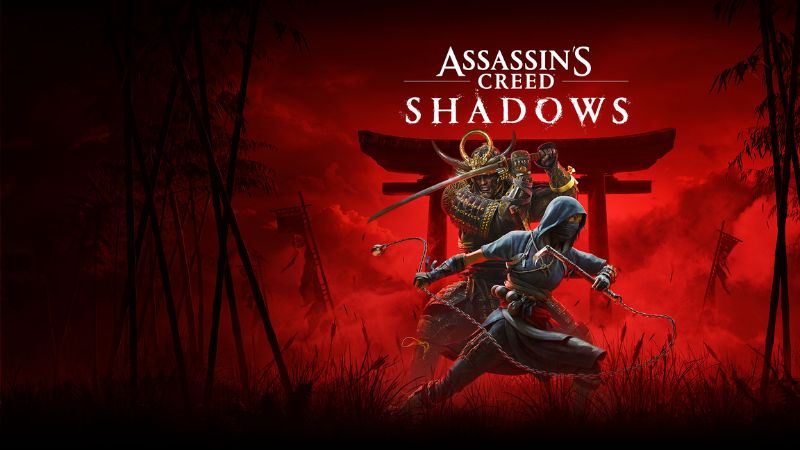
Image Credit: Ubisoft
The Rise and Fall of Ubisoft
Back in the 2000s and early 2010s, Ubisoft was the studio that pushed boundaries and set trends. Assassin’s Creed blew everyone’s minds with its massive historical open worlds and slick parkour mechanics. Far Cry redefined what an open-world FPS could be, and Watch Dogs gave us the hacker fantasy we never knew we wanted.
Read: All Assassin’s Creed Games in Order of Release and Chronology
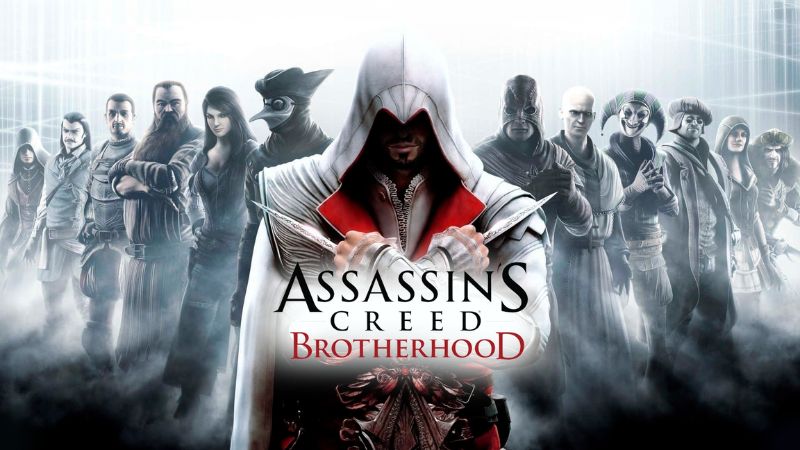
Image Credit: Ubisoft
Ubisoft games had ambition, personality, and, most importantly, heart. But somewhere along the way, that magic faded. The games got bigger, but not better. Innovation took a backseat to formulaic design, and before long, Ubisoft was stuck in an endless loop of samey, bloated open worlds that players had seen a hundred times before.
Ubisoft’s downfall wasn’t sudden—it was a slow, painful decline fueled by complacency and unrefined ambition. The studio that once set industry trends became infamous for recycling the same tired open-world formula, stuffing games with pointless checklists, and prioritizing monetization over creativity. What used to be rich, immersive worlds turned into lifeless generic maps.
Year after year, Ubisoft doubled down on bloated RPG mechanics, microtransactions, and live service attempts. Instead of evolving, they stagnated—and in an industry that moves fast, stagnation is just another word for irrelevance.
Ubisoft Just Keeps Taking L’s
Skull and Bones, the so-called first “AAAA” game, was nothing but an overpriced, lifeless grind. With no real story and tedious missions, it felt more like a checklist simulator than a pirate adventure. Charging a premium price for this disaster was laughable.
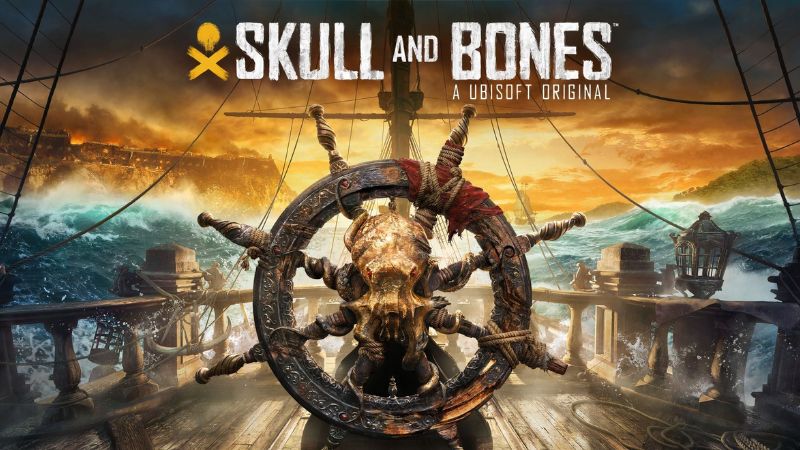
Image Credit: Ubisoft
Then there’s XDefiant, Ubisoft’s supposed Call of Duty killer. It had potential—fast-paced gameplay, faction-based abilities—but Ubisoft’s lack of direction doomed it. Despite being good enough to sustain an audience and push through rough opening months, executives decided to cut their losses. The game simply wasn’t profitable enough to keep alive, especially with Ubisoft already bleeding from failures elsewhere.
Star Wars Outlaws: Another Nail in the Coffin
Ubisoft hyped up Star Wars Outlaws as the first-ever open-world Star Wars game. Sounds amazing, right? Turns out, not so much. The gameplay feels like another generic Ubisoft open-world formula slapped onto a Star Wars skin. Fans expected a spacefaring, bounty-hunting experience full of depth and choice, but what they got was… Assassin’s Creed in Space. The game’s world is lifeless, the missions are uninspired, and, of course, there’s an aggressive monetization model in place.
Come on Ubisoft. That’s not how the force works!
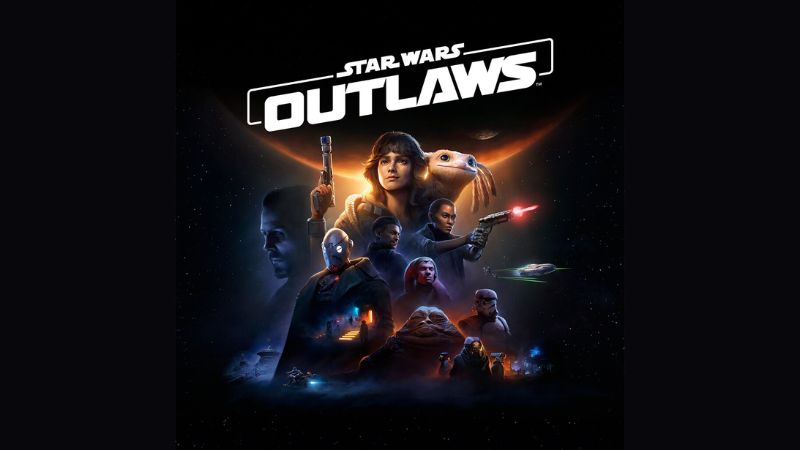
Image Credit: Ubisoft
While critics seemed impressed (probably because of some unbiased “research trips” involving Disneyland and VIP boat rides), the community ripped it apart. It’s just another example of Ubisoft failing to understand what players want. And instead of learning from their mistakes, they doubled down with Assassin’s Creed Shadows.
Assassin’s Creed Shadows Controversy
When the trailer for Ghost of Tsushima was shown years ago, I instantly thought about Assassin’s Creed. Why did Ubisoft never make a game set in feudal Japan? It seemed like a no-brainer, the perfect setting for an AC game.
After years of waiting, it finally happened… and yet, it died even before building any real hype.
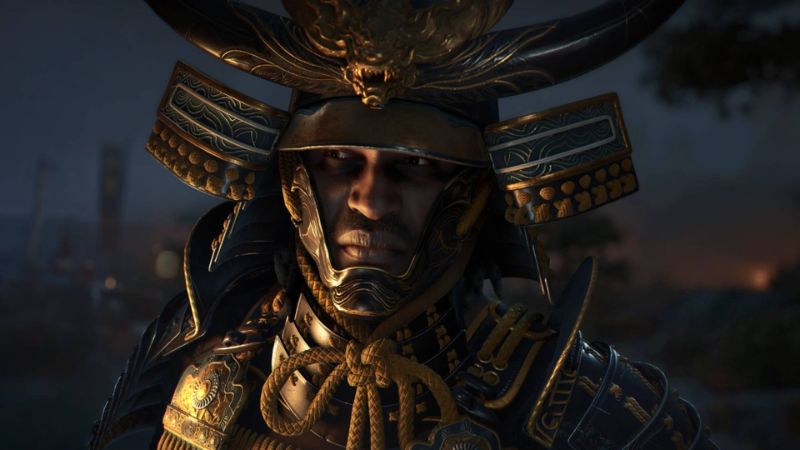
Image Credit: Ubisoft
Why? The Assassin’s Creed controversy began when the audience learned about one of the game’s main protagonists, Yasuke. While many believe Yasuke existed, Japanese historians remain skeptical of his story. Ubisoft reportedly collaborated with Thomas Lockley, an author known for his fictionalized accounts of Yasuke’s life, to shape the character’s narrative in the game. However, this move only angered some Japanese historians, who criticized Ubisoft for presenting a speculative version of history rather than a more grounded interpretation.
And that’s not even the worst of it.
Ubisoft vs. Japan’s Prime Minister
Ubisoft’s biggest controversy yet comes from Japan itself. The game features a sequence in which Yasuke destroys the Itatehyozu Shrine, a real-life location in Hyogo Prefecture. This scene caused such a stir that Hiroyuki Kada, a member of Japan’s House of Councillors, brought it up to the country’s Prime Minister.
The concern? That depicting the destruction of a real shrine could inspire real-world vandalism. The Prime Minister himself weighed in, stating that if such an act were to happen, it would be an insult to all of Japan.
“Respecting the culture and religion of a country is fundamental, and we must make it clear that we will not simply accept acts that disregard them,” he said.
Ubisoft, feeling the heat, quickly rolled out a day-one patch that made all shrines indestructible in the game. But, this wasn’t some minor tweak. This was damage control on a massive scale. When the government of an entire nation has to step in and call you out, you know you’ve seriously messed up.
Can Ubisoft Recover?
AC Shadows was released on March 20 and received early praise from critics, who—yes, we’re actually saying this… called it a “return to form.” But let’s be real—it’s really hard for this game to regain its former relevance, especially with all the controversy surrounding it. It was delayed a couple of times, supposedly for polish, but let’s be honest—that doesn’t exactly scream confidence.
Ubisoft is in trouble, and no amount of PR spin can hide it. The company’s games are no longer exciting, their storytelling is getting sloppier, and their open-world formula is beyond stale. Players are tired of checklist gameplay, lifeless NPCs, and forced controversy that does nothing but alienate the audience.
And to make things worse, Ubisoft’s stock is crumbling. This game might be their last hurrah to save the company.
Look, we don’t want Ubisoft to fail. But gamers hate mediocrity, and at some point, you have to call it out. Ubisoft, be better. Fix your games, respect your audience, and maybe—just maybe—you won’t end up as another cautionary tale of a fallen giant.

